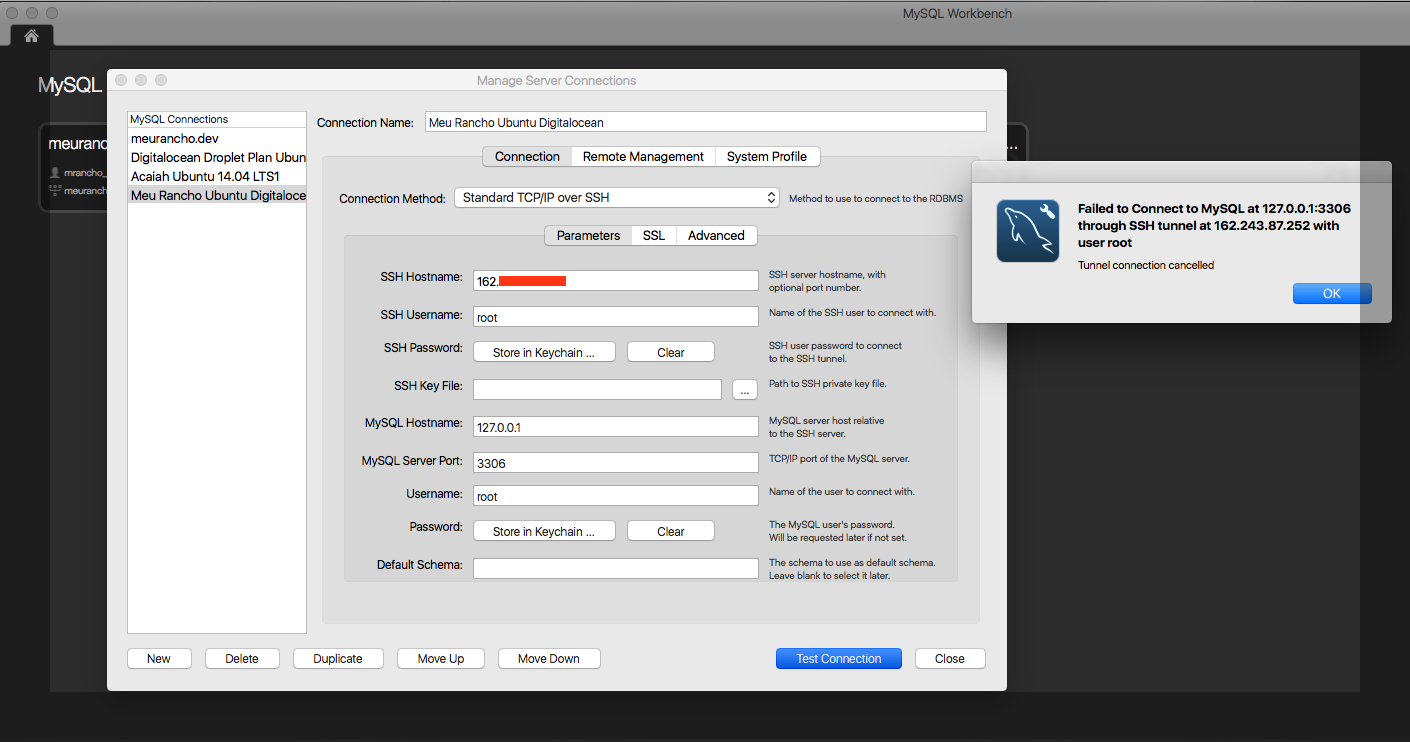
- #PARALLELS UPDATE TO 16.04 UBUNTU CANLT LOGIN HOW TO#
- #PARALLELS UPDATE TO 16.04 UBUNTU CANLT LOGIN INSTALL#
- #PARALLELS UPDATE TO 16.04 UBUNTU CANLT LOGIN UPGRADE#
After it is complete, do sudo reboot as the screen will say to reboot the system and use your new Linux 4.10.1 kernel. Now hit control x to exit and then y to save changes.īash kernelupdate.sh AMD RyOn Kernel 4.10.1 Sudo dpkg -i linux-headers-4.10*.deb linux-image-4.10*.debĮcho Type sudo reboot to restart your system with the new kernel. Here is what you can do:Įcho Everything is downloaded.
#PARALLELS UPDATE TO 16.04 UBUNTU CANLT LOGIN UPGRADE#
Since as of release day (2 March 2017) the latest stable kernel posted on is 4.10.1, which was released on 26 February 2017, we can use that to upgrade our Ubuntu installations and get a working, stable, system. Here is an example of what you will see at some point running AMD Ryzen with Ubuntu 14.04.5 AMD64 Server: AMD RyUbuntu 14.04.5 Kernel IssuesĪt this point using reboot methods such as ctrl + alt + del will likely not work and will require a hard reboot. We have tried simultaneous wall clock timers to see when the systems fail but it does not seem to be a specific time trigger. We have four systems up already with different CPUs and motherboards that are exhibiting this problem. There have been numerous reports of SMT issues and it is a known fix that got rolled out in the Linux 4.10 and 4.11 kernels as we mentioned in our release piece. AMD Ryzen with Ubuntu – Why your system is crashing We are using the ASUS Prime B350-Plus motherboard in the twin systems as it was different than the X370 boards we used previously. One had the Ryand the other had a Ryzen 7 1700X, both of which are headed to our DemoEval lab. AMD RyAnd Ryzen 7 1700X Twin Test Platforms at STHĪs you can see, we even built two test platforms with different CPUs just to ensure it was not a CPU model-specific issue we were seeing. Update: We published Stop constant CentOS 7.3 crashes with AMD Ryzen using Kernel 4.10 as a piece for those looking to fix issues on CentOS 7.


That is enough different configurations where we are now satisfied that it is not a fluke, but instead an issue with AMD Ryzen and older kernels. These were present in both Desktop and Server versions of Ubuntu. We also had issues with Ubuntu 16.04.2 LTS. We had issues with Ubuntu 14.04.5 LTS (the current latest) that is the STH standard. Instead, it is just running AMD Ryzen using the current version of Ubuntu. After hammering the four test configurations we have, I came to the conclusion that the actual issue was not a pre-retail chip. It was a painful process and required several reboots until I got it all working. Thanks to a wonderful Linux-Bench version on a USB 3.0 stick, I was able to get numbers to publish. curl -X GET Output:Įnsure the output has the cluster name, graylog.AMD RyAnd Ryzen 7 1700X Twin Test PlatformsĪt the AMD Tech Day I had the opportunity to get some hands-on time with AMD Ryzen and a few different systems. Use the curl command to check the Elasticsearch’s response. Wait at least a minute to let the Elasticsearch get fully started.Įlastisearch should be now listening on port 9200. Start the Elasticsearch service to read the new configurations. Set the cluster name as graylog, as shown below. sudo nano /etc/elasticsearch/elasticsearch.yml sudo apt updateĮdit the Elasticsearch configuration file to set the cluster name for Graylog set up.
#PARALLELS UPDATE TO 16.04 UBUNTU CANLT LOGIN INSTALL#
Update the repository cache and then install the Elasticsearch package. echo "deb stable main" | sudo tee - a / etc / apt / sources. Set up the Elasticsearch repository on your system by running the below command.

OpenJDK 64-Bit Server VM (build 11.0.8+10-post-Ubuntu-0ubuntu120.04, mixed mode, sharing) Install ElasticsearchĮlasticsearch store logs coming from external sources and offers real-time distributed search and analytics with the RESTful web interface.ĭownload and install the GPG signing key.

OpenJDK Runtime Environment (build 11.0.8+10-post-Ubuntu-0ubuntu120.04) Verify the Java version post installing OpenJDK. Sudo apt install -y apt-transport-https openjdk-11-jre-headless uuid-runtime pwgen curl dirmngr
#PARALLELS UPDATE TO 16.04 UBUNTU CANLT LOGIN HOW TO#
READ: How To Install Oracle Java on Ubuntu 20.04 You can use either OpenJDK or Oracle JDK on your machine to proceed further. Graylog set up requires Java version 8 or higher. Here, we will see how to install Graylog on Ubuntu 20.04. Graylog set up consists of three components Graylog server, Elasticsearch, and MongoDB. Graylog is an open-source log management tool that helps you to store and analyze any machine logs centrally.


 0 kommentar(er)
0 kommentar(er)
